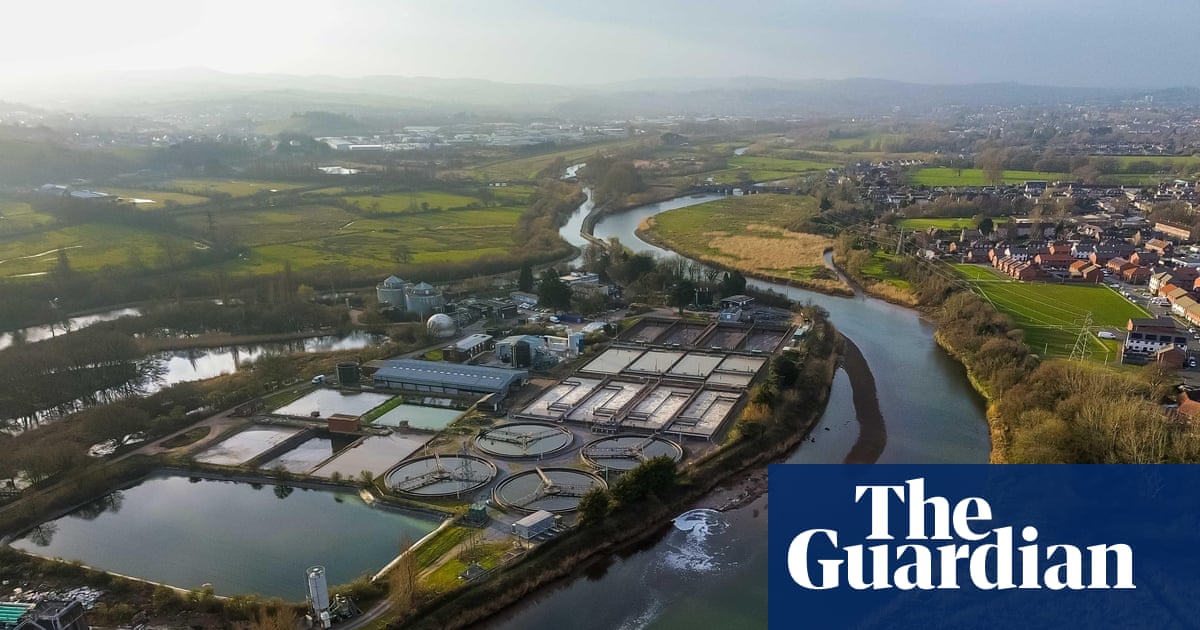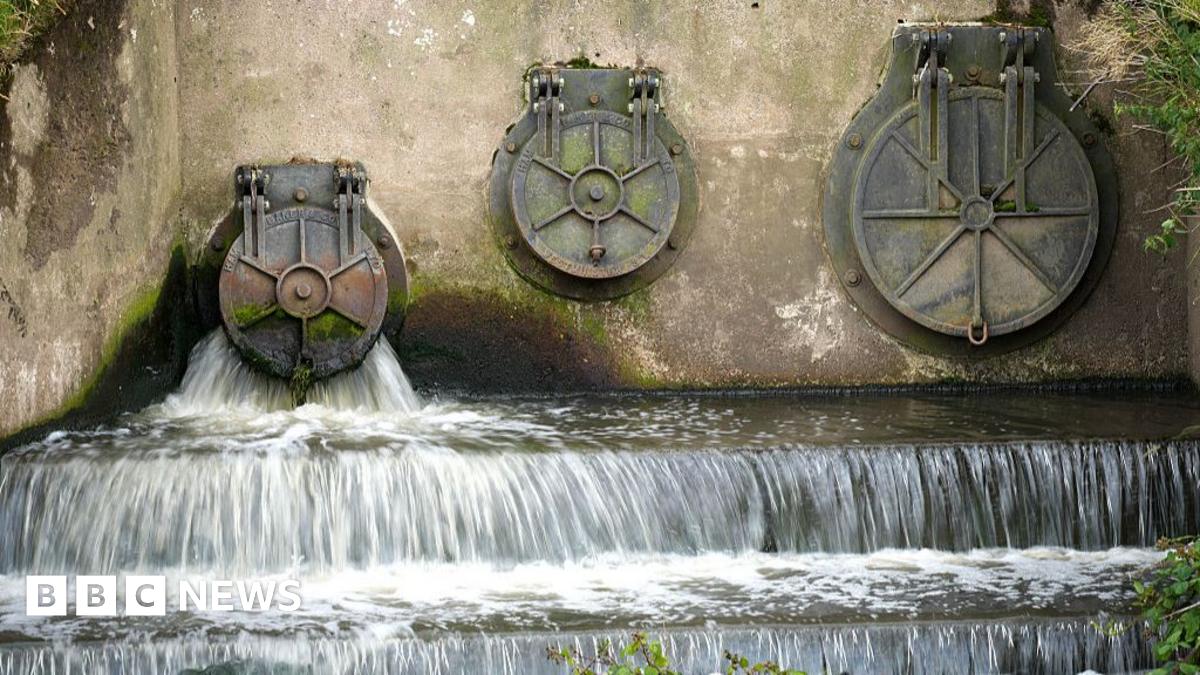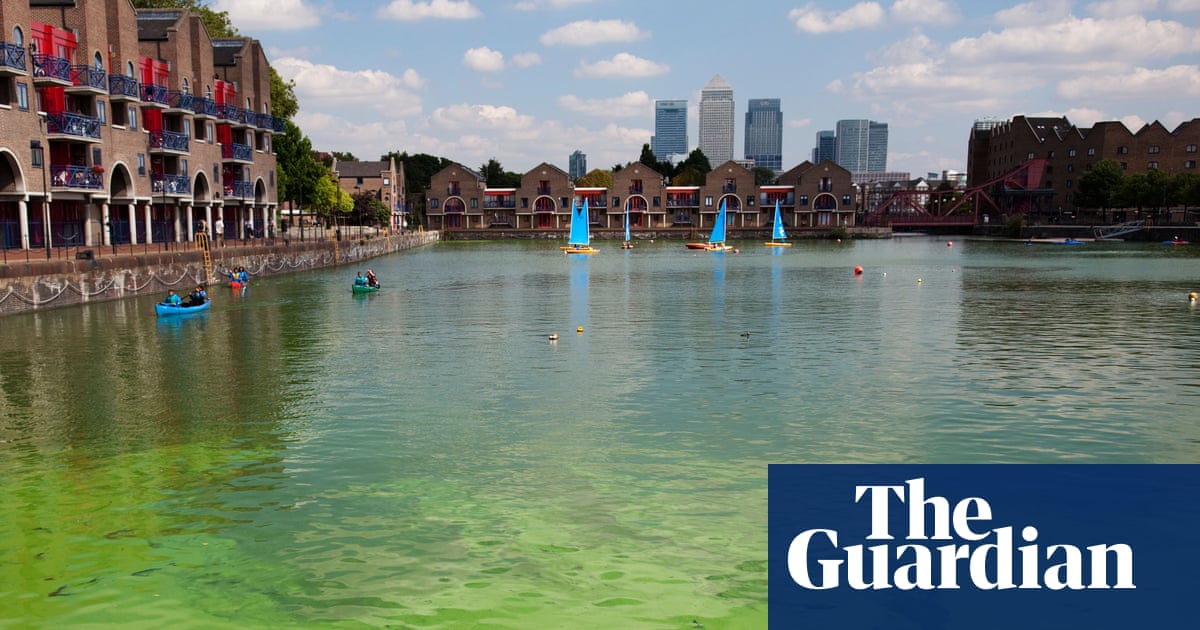T4K3.news
New water regulation announced for England and Wales
England and Wales will see reforms in the water sector following a critical review, abolishing Ofwat.

Major reforms to oversee the troubled water sector follow a damning review.
New regulations for England and Wales water industry shake-up
The water industry in England and Wales is set for significant reform following a review that has highlighted deep problems within the sector. The government will abolish Ofwat, the current regulator, and replace it with a new watchdog to ensure better oversight. Environment Secretary Steve Reed announced that some immediate changes include a real-time sewage map to publicly expose water companies' pollution incidents and increased community engagement in local environmental management. This move aims to prevent past mismanagement and hold companies accountable for their practices, especially after numerous incidents of sewage dumping. Campaigners welcome the changes, but there are concerns about the pace and depth of reform. Sir Jon Cunliffe, who authored the review, noted that full implementation might take until 2027. He emphasized that regulation so far has failed to protect public interest and that accountability must improve for future sustainability.
Key Takeaways
"If we are to achieve the water sector we need, we need to look at all the factors that have contributed to our Great Stink moment."
Sir Jon Cunliffe underscores the need for comprehensive reform in the water sector.
"Water privatisation has been a disastrous failure. Now is the time to fundamentally reform the water sector and renationalise this vital resource."
Gary Carter from the GMB union advocates for the renationalization of water.
These new regulations reflect a broader trend of increasing public demand for corporate accountability, especially in critical sectors like water supply. As people become more aware of environmental issues, the push for transparency and responsible management has never been stronger. While some welcome the tighter controls, debates continue over whether these measures will be sufficient to address the long-standing problems within the sector. The rejection of nationalization by the government indicates a reluctance to return to state-controlled models, despite significant public support for renationalization among certain groups. How effectively the new regulator operates will be key to restoring public trust, especially with the financial struggles of major companies like Thames Water looming large.
Highlights
- Accountability must improve for future sustainability.
- Community engagement will elevate local voices in environmental issues.
- The water industry is under more scrutiny than ever before.
- These reforms are a step toward restoring public trust.
Concerns over water sector reforms raise political tensions
The proposed changes to water regulation are being met with mixed reactions, as calls for nationalization and criticism of financial mismanagement persist. This could lead to political backlash among stakeholders and the public.
The future of water regulation hinges on how well these changes can restore public confidence.
Enjoyed this? Let your friends know!
Related News

New water ombudsman to be established in England and Wales

Major report on England and Wales water industry set for release

UK abolishes Ofwat to reform water regulation

Ofwat to be abolished as water sector faces criticism

UK ministers pledge to combat rising water pollution

Environment secretary expresses anger about water bill increases

Middle class families face rising water bills

Ofwat bosses draw millions in salaries despite sewage crisis
